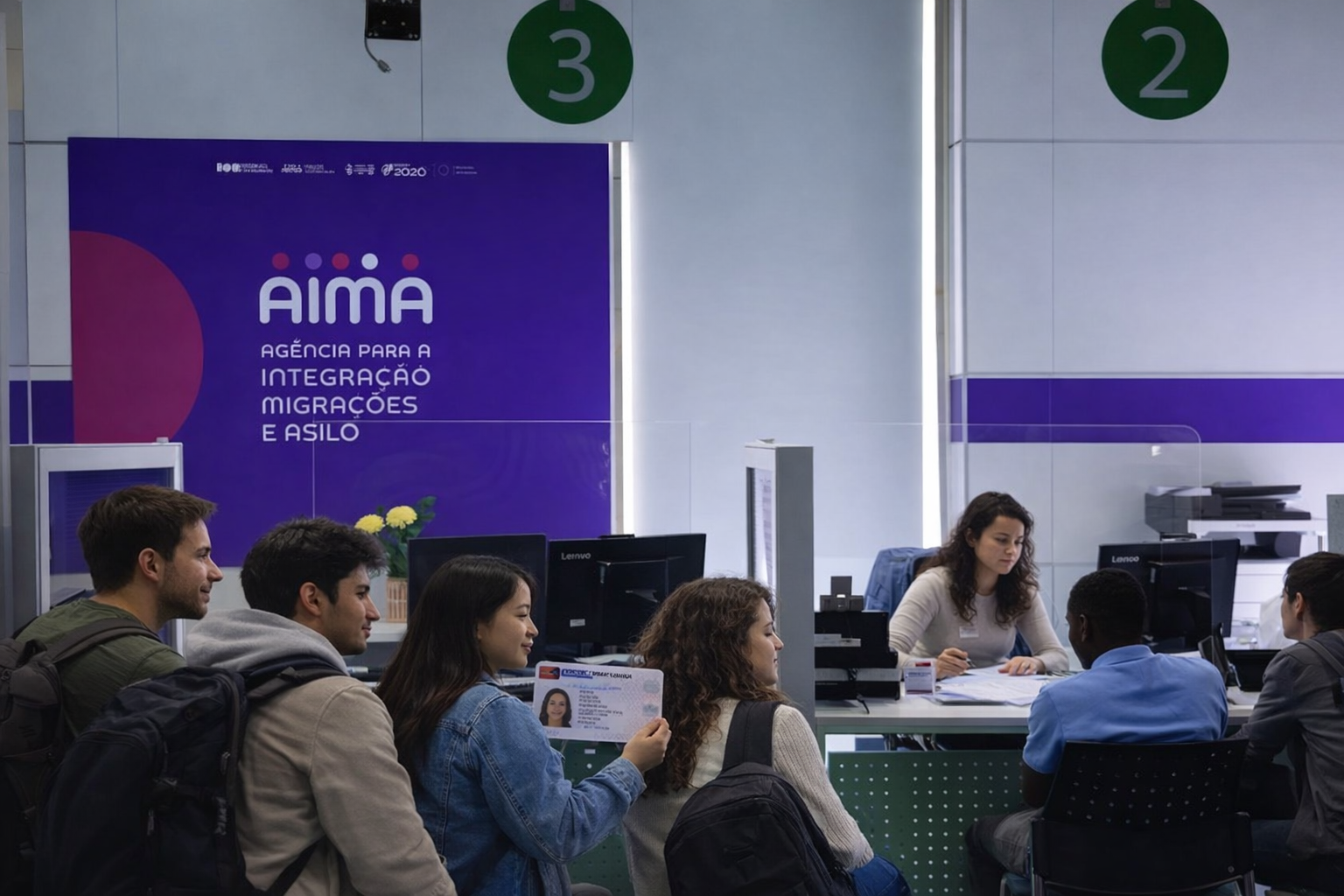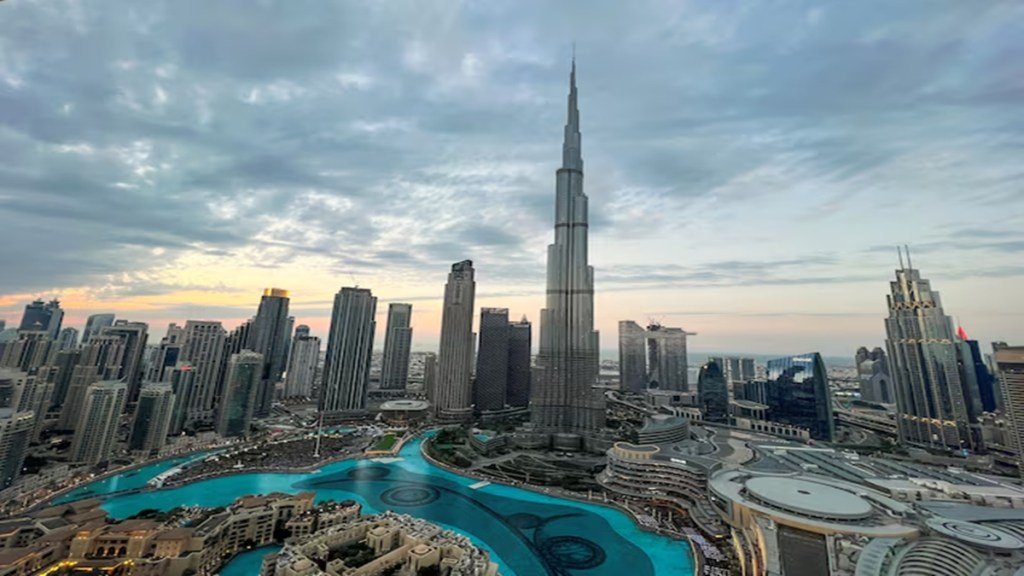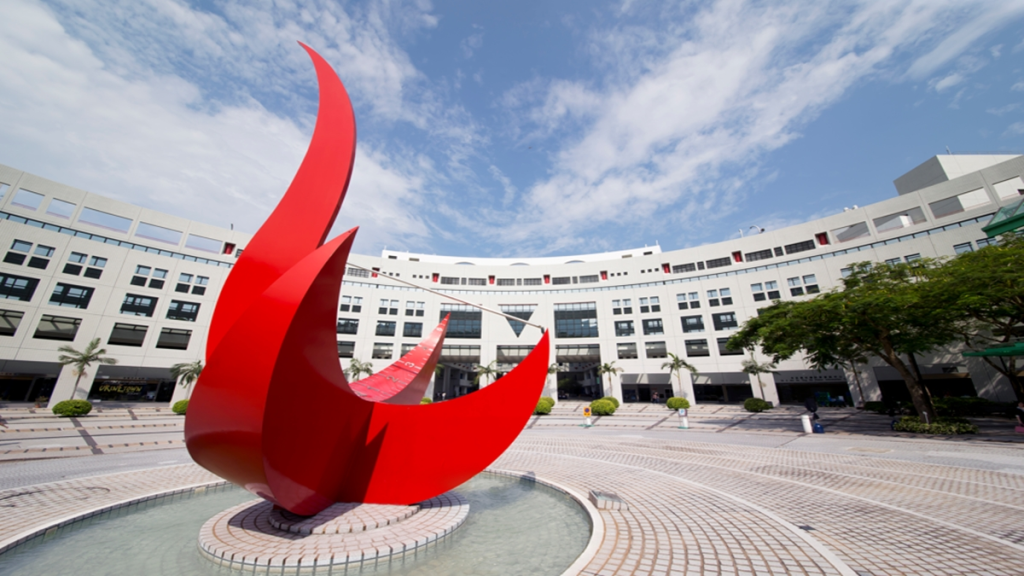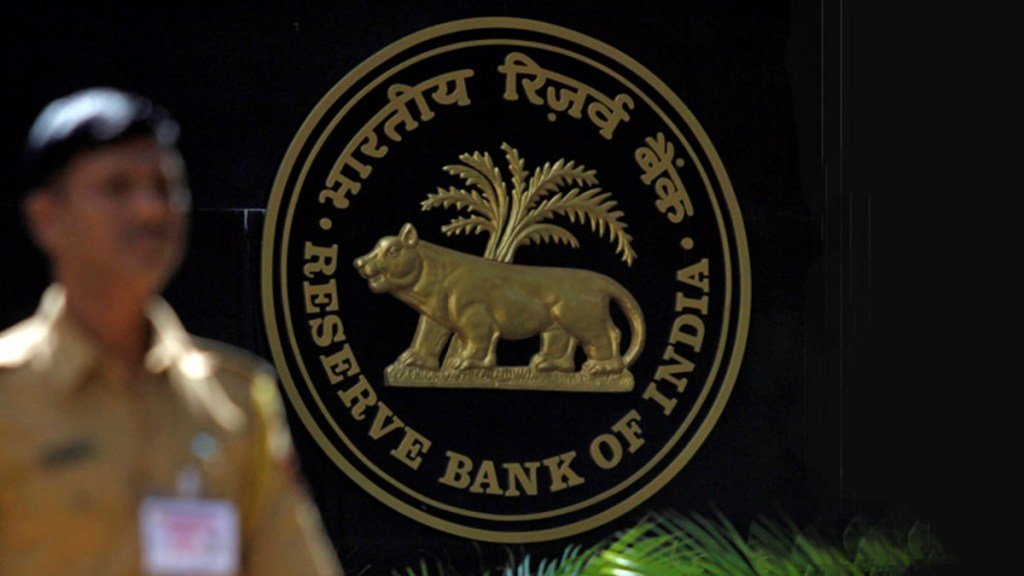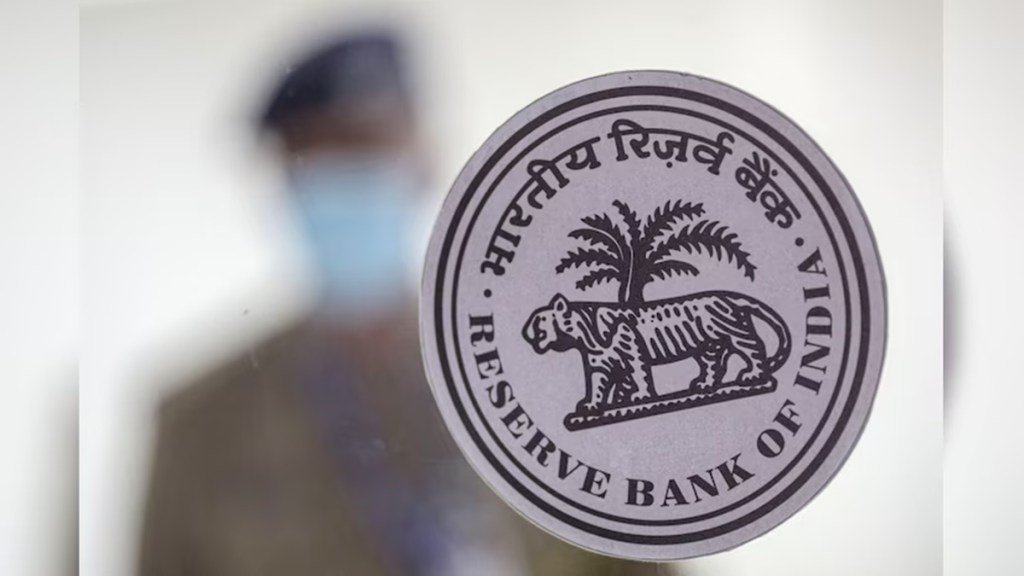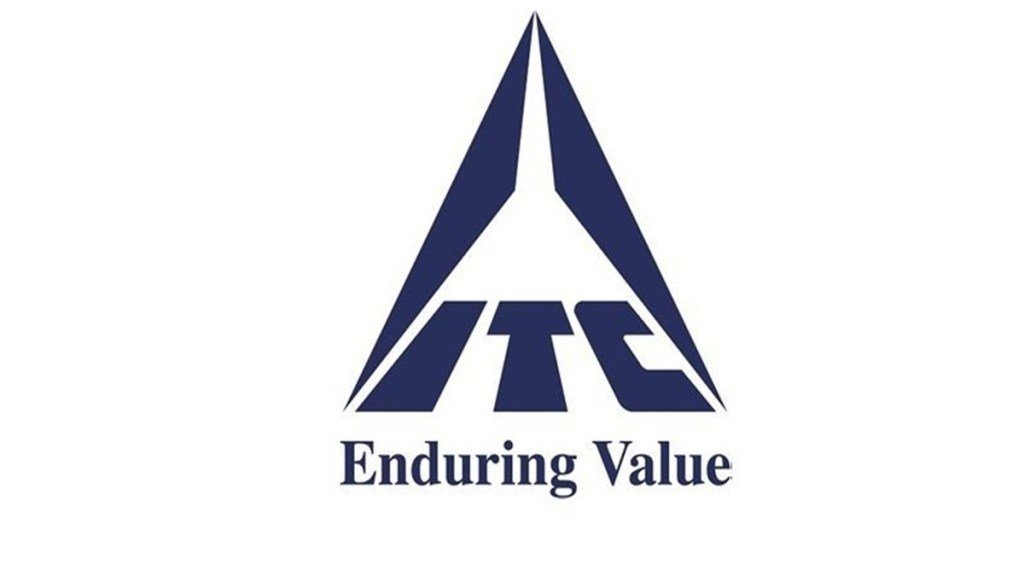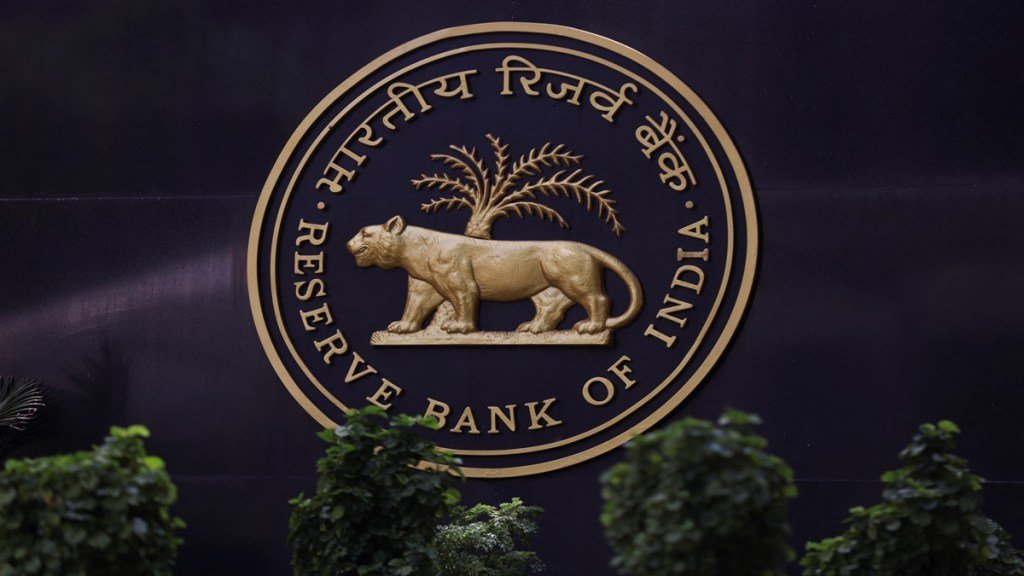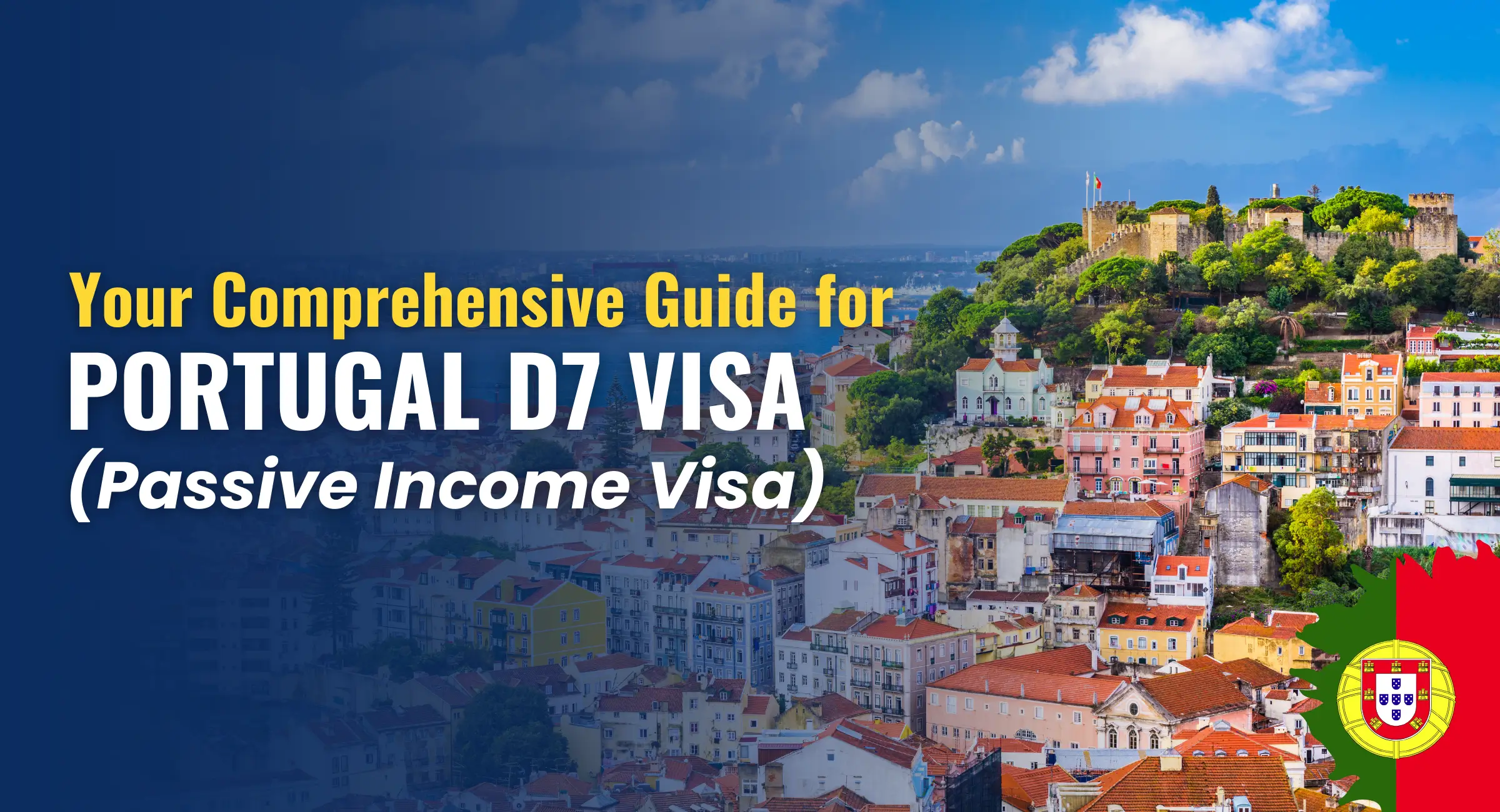
Portugal is a top choice for individuals and families looking to establish residence within the European Union. With its stable political climate, transparent tax system, excellent infrastructure, and high quality of life, Portugal is a welcoming destination for foreign nationals. The cost of living is considered relatively low, making it an attractive option for many.
One of the most sought-after residency options is the Portugal Passive Income Visa, also known as the D7 Visa. This visa grants residency to non-EU/EEA/Swiss citizens, including retirees, who can demonstrate a stable and regular passive income, enabling them to relocate to Portugal.
Alongside the D7 Visa, Portugal also offers investment-based residency programmes, such as the Portugal Golden Visa. This pathway is ideal for individuals looking to secure residency through investment in real estate, business, or other qualifying sectors.
Successful applicants for the Portugal residence programmes enjoy a range of benefits, including:
- The right to live, work, and study in Portugal
- The ability to include dependent children and parents in the application
- Visa-free travel within the Schengen Area, comprising 26 European countries
- The opportunity to work or start a business in Portugal
- Eligibility to apply for Portugal’s Non-Habitual Resident (NHR) tax regime, offering significant tax advantages
- The potential to apply for permanent residency or citizenship after five years
- Access to Portuguese residency benefits, including healthcare and education
Passive Income Visa Requirements
The key requirement for a successful application is demonstrating that you receive regular ‘passive’ income. This can include income from sources such as pensions, rental properties, dividends, or certain types of investment earnings.
The minimum income requirements depend on the number of dependents the main applicant intends to include in the application, as outlined below:
- Main Applicant – 100% of the minimum wage (currently €9,120 per year)
- Spouse or parents of the main applicant – 50% of the minimum wage per person (currently €4,560 per year)
- Dependent children – 30% of the minimum wage per person (currently €2,736 per year)
- Financial requirement – It is recommended to have at least 12 months’ worth of income held in a Portuguese bank account.
D7 Visa Eligible Dependants
The main applicant can include the following dependent family members in their application:
- Spouse or partner
- Minor or incapacitated children
- Children over 18 years old, who are unmarried and studying at an educational institution in Portugal
- Dependent parents of the main applicant or their spouse
- Minor siblings, legally under the care of the main applicant
Renewals & Minimum Stay Requirements for the D7 Visa
Applying for Residence in Portugal
Once an application is approved, applicants will receive a Portuguese residency card valid for two years. To maintain residency, the card must be renewed after the second year, at which point a three-year residency card will be issued.
The Passive Income Visa is designed for individuals who plan to live in Portugal. As part of the visa conditions, you must spend a minimum of six consecutive months or eight non-consecutive months in Portugal each year.
Below is an overview of the minimum stay requirements and permit renewal conditions:
| Time Period | Minimum Stay in Portugal | Renewal Date | Available Renewal Option |
| Years 1 and 2 | 6 consecutive months or 8 non-consecutive months each year | End of Year 2 | 3-year Residency Permit |
| Years 3, 4 and 5 | 6 consecutive months or 8 non-consecutive months each year | End of Year 5 | 3-year Residency Permit, Permanent Residencyor Citizenship |
Application Requirements and Procedure
Sovereign will assist applicants and their families in obtaining and completing the necessary documentation to successfully prepare, submit, and process their application. The required steps include:
- Appointing Sovereign as your fiscal representative in Portugal to obtain a Portuguese tax number (NIF).
- Opening a personal bank account in Portugal.
- Securing long-term residential accommodation in Portugal, either through a purchase, rental, or loan agreement.
- All applicants must apply for the D7 Visa and attend an interview at the Portuguese Consulate in their country of residence.
- Arranging and attending a meeting with the Immigration & Borders Service (SEF) in Portugal.
Sovereign will guide you through each step of the process to ensure a smooth and efficient application.
Sovereign Passive Income Visa Services
Sovereign offers a comprehensive concierge service to support applicants through the Portugal Passive Income or D7 Visa application process. Our services include:
- Initial application support and consultancy
- Cross-border planning and tax advice
- Fiscal representation (including assistance with obtaining a Portuguese tax number, if needed)
- Guidance on the required documentation for the SEF (Immigration Control) application process
Once an individual is registered as a resident in Portugal, they can apply for Non-Habitual Resident (NHR) status. This special tax regime offers significant benefits to both EU and non-EU citizens, allowing most foreign income – including rental income, certain capital gains, interest, and some dividends – to be exempt from Portuguese tax for the first 10 years of residency. However, foreign pension income is subject to a 10% tax rate.
Sovereign’s Portugal-based team will review the NHR programme with applicants to assess eligibility and determine the potential benefits of this tax regime.
After completing the residency application, our team of qualified accountants and administrators will continue to support clients with their fiscal obligations in Portugal. This includes:
- Preparation and submission of Personal Income Tax (IRS) returns
- Preparation and submission of Double Tax Agreement (DTA) forms to the client’s home country
Sovereign ensures that all clients remain informed about their tax obligations and any changes in the law that may affect them.



